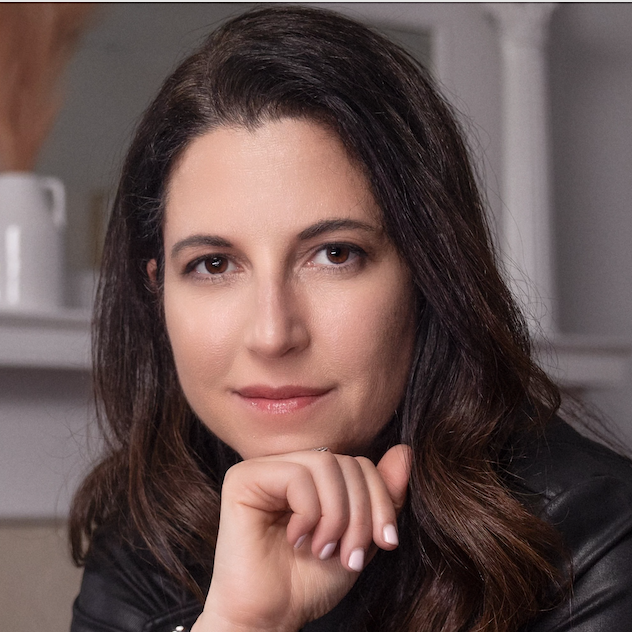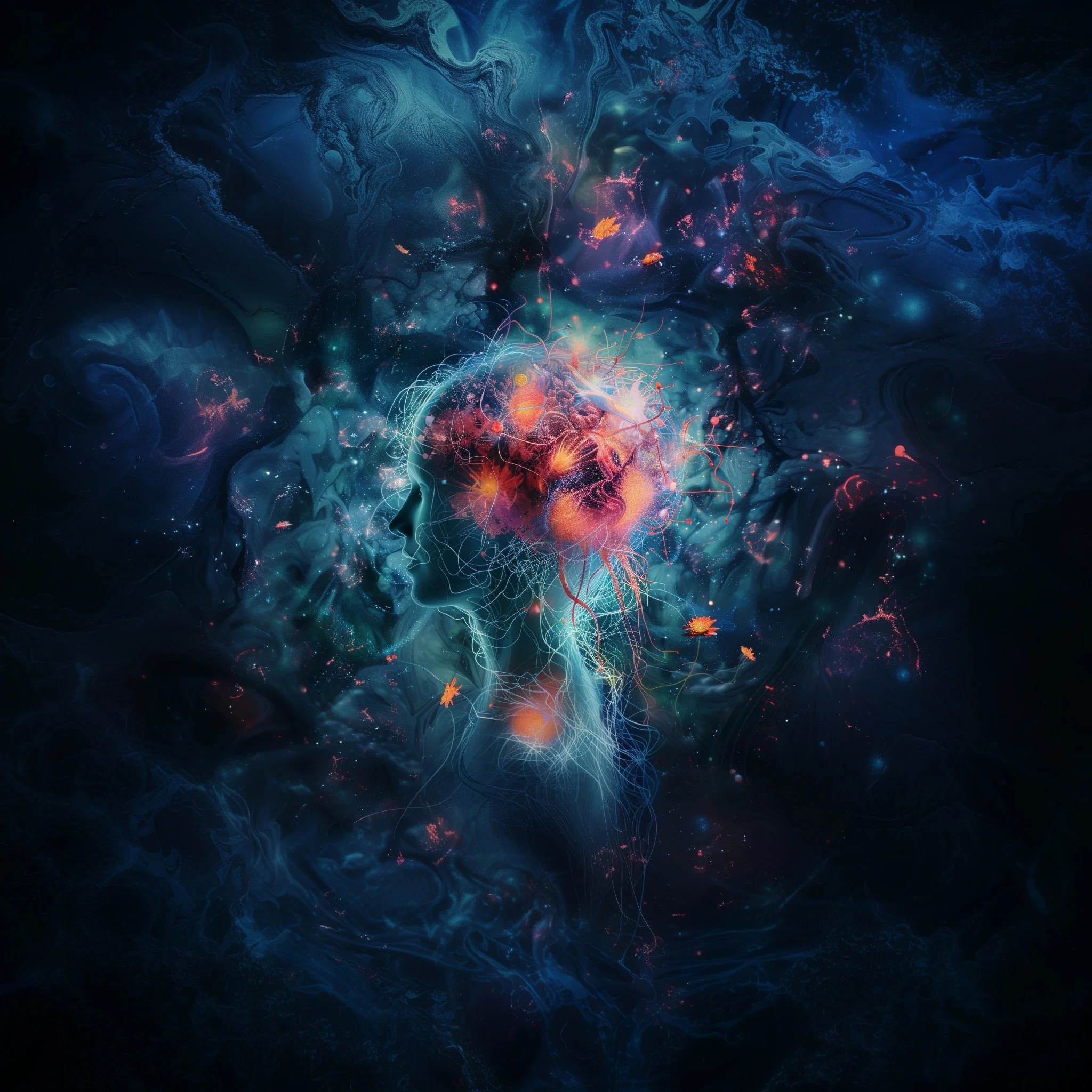On Wednesday, July 24th, we joined over zoom to explore the neuroscience of mortality and practices for preparing oneself and others for death. Expert neuroscientists, clinical workers, and entrepreneurs gathered to discuss the physical changes the brain undergoes at death, how to die well, and the intersection where science meets the sacred.
Featured Panelists

Dr. Aditi Sethi is the founder and Executive Director of the Center for Conscious Living & Dying. She is a hospice and palliative care physician, end-of-life doula, and musician. Featured in the documentary “The Last Ecstatic Days,” Aditi is an emerging and important voice for shifting our culture’s understanding and approach to dying, death, and bereavement care.
Aditi Sethi, MD
Executive Director, Center for Conscious Living & Dying

Heather Berlin is a neuroscientist, clinical psychologist, and associate clinical professor of psychiatry and neuroscience at the Icahn School of Medicine at Mount Sinai. She explores the neural basis of impulsive and compulsive psychiatric and neurological conditions with the goal of developing novel treatments. She is also interested in the brain basis of consciousness, dynamic unconscious processes, and creativity.
Berlin is a committee member of the National Academy of Sciences, and the American Association for the Advancement of Science, and a passionate science communicator. She hosts the Nova series “Your Brain”, and has hosted series on PBS and Discovery Channel. She makes regular appearances on StarTalk with Neil DeGrasse Tyson, and has appeared on the BBC, History Channel, Netflix, and National Geographic. She co-wrote and starred in the critically acclaimed off-Broadway show, Off the Top, about the neuroscience of improvisation, and the Edinburgh Fringe Festival show, Impulse Control.
Heather received her D.Phil. from the University of Oxford, and Master of Public Health from Harvard University, and trained in clinical neuropsychology at Weill Cornell Medicine’s Department of Neurological Surgery. She was a visiting scholar at the New York Psychoanalytic Society and Institute, and a Visiting Professor at Vassar College, the Swiss Federal Institute of Technology/University of Zurich, and The Hebrew University of Jerusalem.
Heather Berlin, PhD
Associate Clinical Professor of Psychiatry and Neuroscience, Mount Sinai

Mr. Roufa is an entrepreneur and executive building omniconsiderate product teams to deliver urgently needed services at the intersection of science and spirituality. He is the Co-Founder and CEO of aNUma, a company dedicated to supporting families facing life-threatening disease diagnoses. Clear Light is a multi-session, evidence-based program in virtual reality (VR) that aims to address the mental, relational, and spiritual needs of patients confronting serious illnesses.
With over 25 years of experience as a product-oriented executive, he has a proven track record of developing commercially successful software solutions for complex challenges. His extensive management background involves leading agile teams across various domains. At aNUma, he collaborates with a team of technologists, scientists, and clinical psychologists who are at the forefront of VR and neuroscience, working alongside world-renowned experts in psychedelic science and palliative care.
aNUma is committed to fostering ethical technology that promotes awareness, psychological flourishing, and elevated human consciousness on a global scale. The company envisions a future where technology aligns with the well-being of humanity, supporting all life on Earth.
Gregory Roufa
Co-Founder & CEO, aNUma

For 50 years, William Spear has been an internationally recognized educator, consultant, author and lecturer speaking on a wide range of topics including integrative, collaborative medicine, disaster relief, trauma care, end-of-life care, and personal transformation. His clarity and ability to synthesize complex and diverse material is inspiring, insightful and empowering, touching many lives, families, and thousands of followers.
Since his earliest work in the U.S. with community clinics, hotlines and hospitals, he has for decades been a principal caregiver for many terminally ill persons and their families. In the early to mid 1980’s he worked extensively with hundreds of AIDS patients, drug abusers and prisoners on death row, serving for a while on the staff of the New York State Prison System. As a result of earlier work in 1977 with the Center for Living and Dying at Yale University in New Haven, he immersed in years of training with the Elisabeth Kübler-Ross Center to aid those who were unable to recover and provide palliative care. William worked together with architects on the design of the first freestanding hospice in the state of Maine. Over the years that followed, he advised and trained many healthcare providers and hospice workers in the field of palliative care. In most areas impacted by disasters, end of life issues are nearly always prominent among the mental health needs of survivors.
At the heart of Spear's work is the five-day experiential workshop, The Passage: A Journey that Transforms Life, that he has conducted since 1987 in North America, Europe and Australia. The Passage draws on years of work in bio-energetics, in-depth training with Kübler-Ross, Tibetan lama Sogyal Rinpoche and three decades of assisting people face unresolved issues, illness, life challenges, and whatever inhibits a person from experiencing life fully in the present moment. Spear and co-facilitators lead participants through somatic processing which neutralizes the residue of old traumas,engaging in deep mindfulness practices as well as the experience the impact of macrobiotic cuisine on the emotional body. His follow-up workshop, Open Heart, Deep Spirit, at the Upaya Zen Center in Sante Fe, New Mexico, taught participants how to aide in the dying process and embrace our common unity as one family.
William Spear - Moderator
Founder, Fortunate Blessings Foundation

